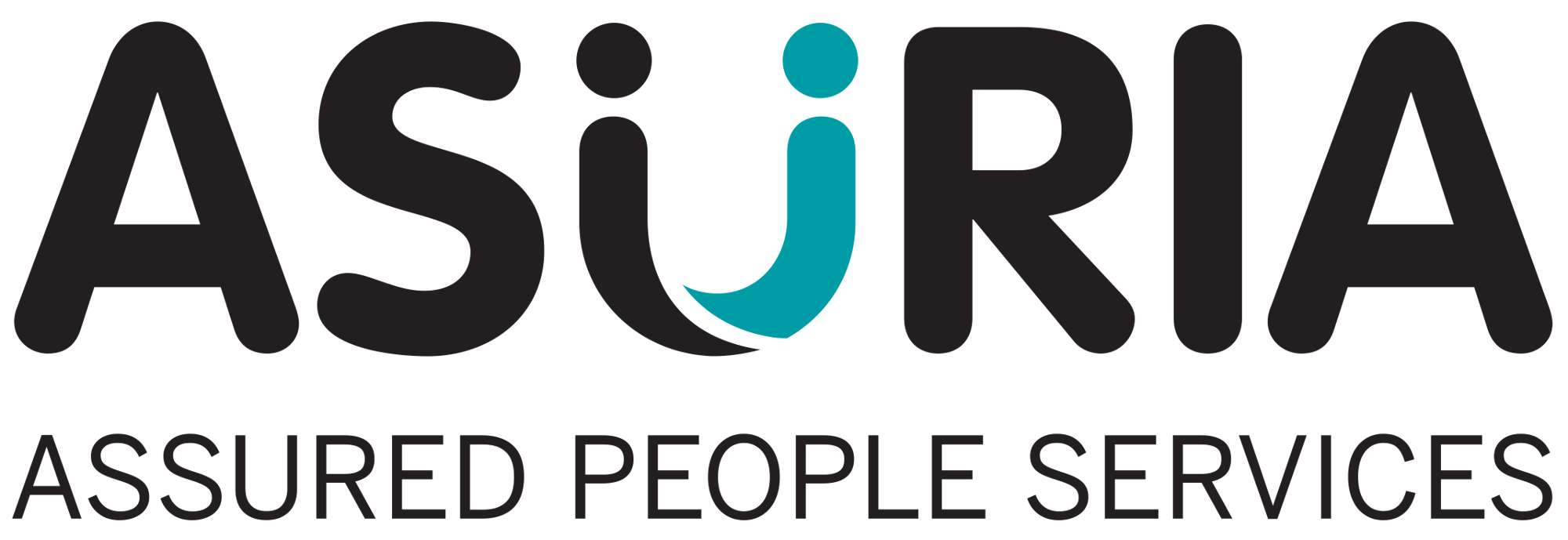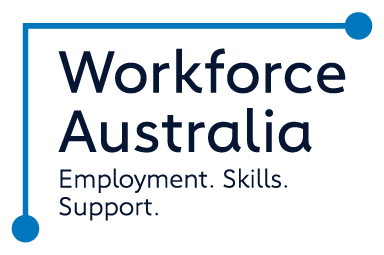Job interviews can cause shaky knees and sweaty palms for anyone. For those with any type of disability, an added layer of anxiety may overlay everyday worries. You may wonder how the interviewers will perceive you and whether they’ll be able to see how much you have to offer.
Fortunately, there are several things you can do to manage this anxiety, and many of them before you even step foot in the interview room. Most of these tips are helpful to anyone seeking a job, but they can be particularly beneficial to people with a disability.
Practice, Practice, Practice
In a stressful situation like a job interview, even the little things can throw you off balance. It might be as simple as knowing whether to shake hands or choose a seat when you walk into the room.
Role-playing can help you to prepare for these small hurdles. Ask a friend, family member, or your Job Coach to help you rehearse the job interview. It might feel silly at first, but this kind of physical role play can help you prepare for the real deal.
Practice answering a range of interview questions, from simple ones about your employment history to more difficult and open-ended conversations. Role-play anything that will help you prepare for the entire experience, from greeting the interviewer to answering questions and saying good-bye at the end of the conversation.
Polish Your Resume
Not every job listing requires a resume, but many do. If you’re applying for a position that requires a resume, take your time and have someone double-check it for spelling mistakes, confusing sections and grammatical errors.
Resumes often follow this simple structure:
- Personal details (including your name, telephone number and email address)
- Introduction (two or three sentences describing your motivation for applying)
- Employment history (starting with your most recent position first)
- Education and training (including any internships or TAFE courses)
- Skills (technical and personal skills, such as foreign language fluency or your ability to work in a team)
- Hobbies and interests (these aren’t required, but can help to show the employer a little about your personality)
- References (the names and details of one or two people you have worked with in the past. These people might be contacted by the employer and asked a few questions about working with you).
If you’re working with a Disability Employment Services (DES) provider like Asuria, your Job Coach can help you to prepare a winning resume.

Learn About the Company Before the Interview
Researching the company ahead of time can help you in several important ways.
- First, you’ll better understand what the business does and how your experience can benefit them.
- Second, you will go into the interview with increased confidence, knowing you have essential information if you’re asked about the company.
- Third, you can incorporate this information into your role-playing as you prepare for the interview.
Remember That it’s Okay to Ask Questions
When you think of a job interview, you might assume that the questions all go in one direction, from the interviewer to you. But keep in mind that it’s absolutely okay for you to ask questions, too. In fact, many employers are impressed by job seekers who want to know more about the business and work environment.
Don’t be afraid to prepare a written list of questions to take with you to the interview. These might include questions about their workplace culture, the team you’ll be working with, and if they have any previous experience employing people with a disability.
Make Sure to Wear Appropriate Clothing
Your clothing doesn’t need to be expensive or new, but it should be clean, tidy and in good condition. Your outfit should show respect for the organisation and the person who is interviewing you. If you’re unsure about what to wear, talk with your Job Coach about what’s appropriate. A neat and clean appearance always reflects well on you.
Make a List of Items to Bring with You
Last-minute jitters can cause you to forget essential items. So as you’re preparing for your interview, make a list of things to bring along.
Depending on the type of interview, you might want to consider these items:
- Something to write on (a notebook and pen, or a laptop)
- A few paper copies of your resume
- A list of questions and concerns
- A bottle of water, a snack and some mints to make you feel more comfortable.
Place all of these items in a bag, briefcase or something else that looks professional. Just like your outfit, your bag should be clean and in good condition. Putting everything inside of it the night before may help you sleep better, knowing everything is prepared and ready for the big day. Also, you may want to read our article about making the most of your commute to the city before a job interview.
Talk with Your Job Coach
A Job Coach can help you with all of the above items, from role-playing your interview and creating a resume to helping you decide what to wear. If you don’t yet have a coach, get in touch with us at Asuria.
After you fill out this form, one of our Job Coaches will contact you for a casual conversation. We’ll find out about you and the kind of job you’re looking for. We’ll also ask several questions to see if you’re eligible to participate in any of our job-matching services.
With some of the simple preparation tips above, you can approach your next job interview with confidence. We believe in you!







